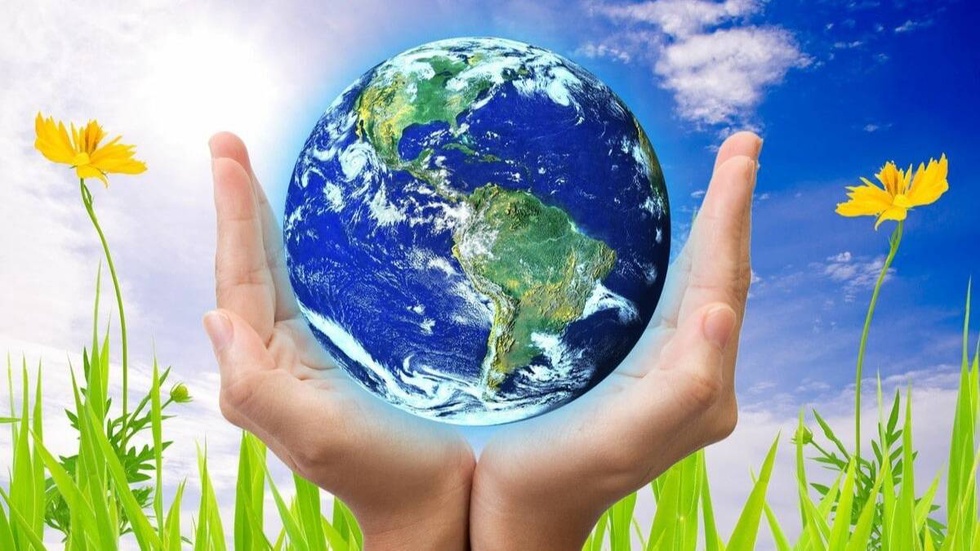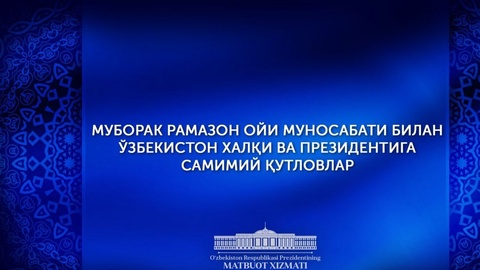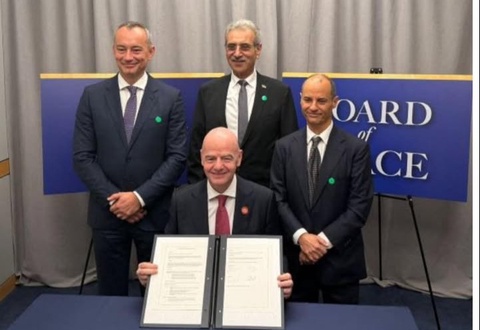The holiday was established at the 63rd session of the UN General Assembly in 2009 (Resolution no. A/RES/63/278, co-sponsored by more than 50 UN Member States) and has been celebrated since 2010, on April 22.
Mother Earth calls us to action. Nature is suffering. As a result of plastic garbage pollution, ocean acidification occurs. Extreme heat, wildfires and floods, as well as a record hurricane season in the Atlantic Ocean affected millions of people.
Climate change, anthropogenic changes in nature, as well as unacceptable actions that violate biodiversity, such as deforestation, land use changes, the introduction of intensive methods in agriculture and animal husbandry and poaching, accelerate the destruction of the planet.
Ecosystems support all life on Earth. The healthier our ecosystems are, the healthier the planet and its people are. Restoring damaged ecosystems will help end poverty, combat climate change and prevent mass loss of life. The UN Decade for Ecosystem Restoration, which will be launched on June 5, 2021 on the World Environment Day, will help us stop and reverse the destruction of the planet's ecosystems. But we will succeed only if we act together.
The International Mother Earth Day is designed to remind that each of us owes its existence to our planet and its ecosystems.
On this International Mother Earth Day, we all need to realize that the world needs a more sustainable economy that works for the benefit of people and the planet. We must strive for the harmony of man and nature. The International Mother Earth Day gives us an opportunity to learn about the difficult tasks that humanity faces to preserve the planet.













